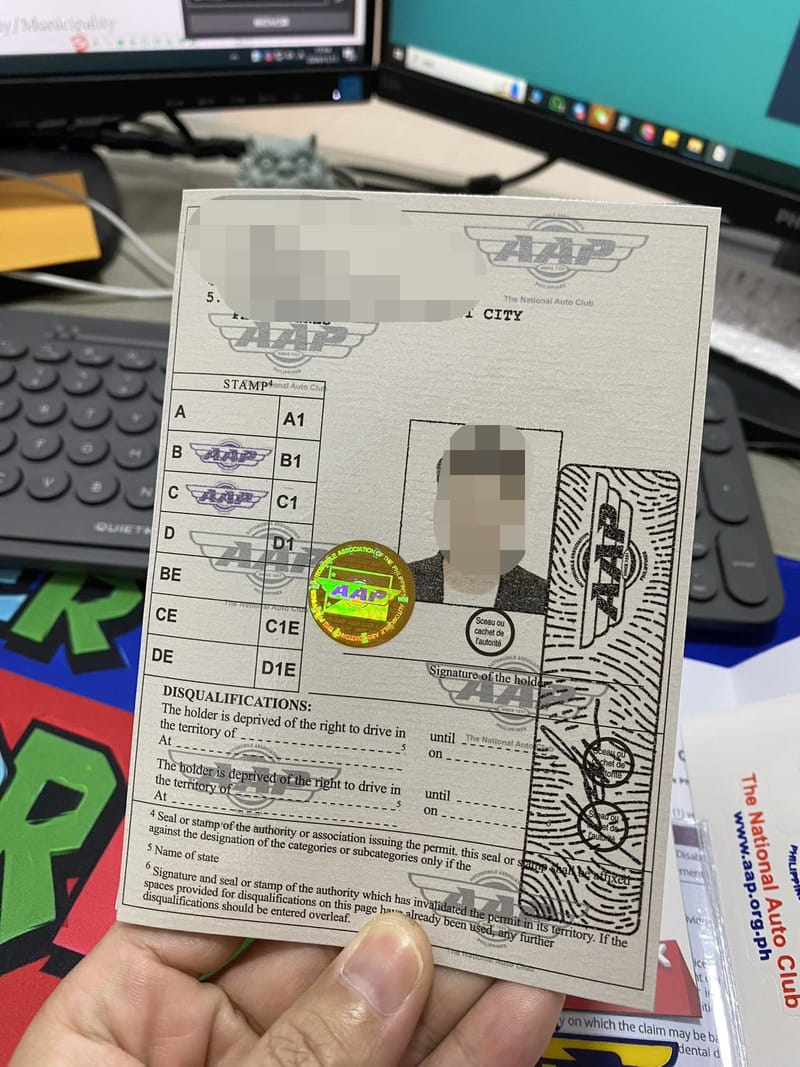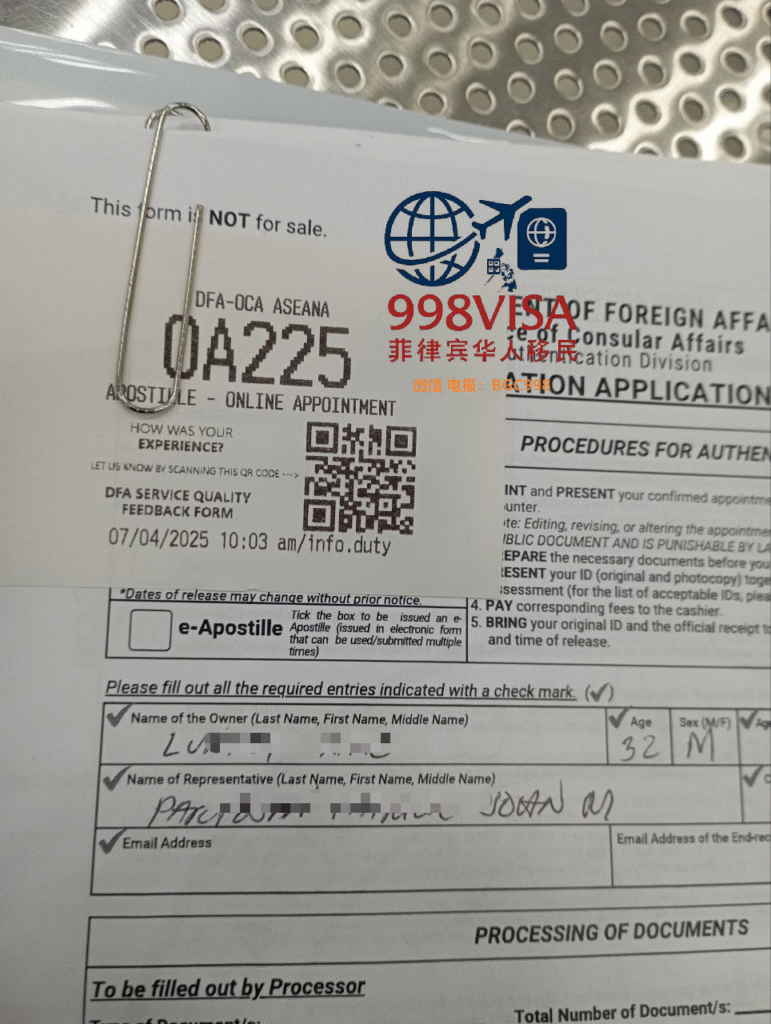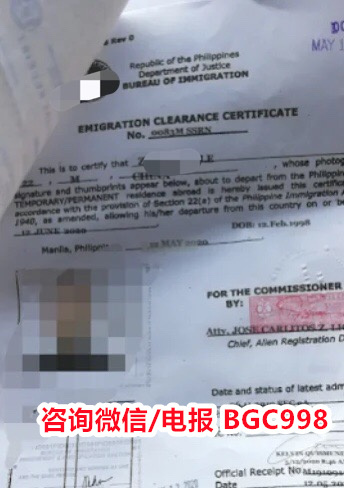Can children of a Philippines marriage visa (13A) holder attend public schools?

Can children of a Philippines marriage visa (13A) holder attend public schools?
Yes, children of a foreign spouse who holds a Philippines marriage visa (13A) are eligible to attend public schools. If the children are Filipino citizens by birth (through their Filipino parent), they can study in public schools free of tuition, just like other Filipino students. Even if the child is not yet a citizen, most public schools allow enrollment with proper documentation such as birth certificates, residence permits, or immigration records. The 13A visa provides stability for the family, ensuring that the child can remain in the country long-term without disruption to their education. While public schools are widely accessible, many families choose private schools for smaller class sizes, bilingual education, and international curricula. However, for families wanting to integrate into the local community, public schools are a great option supported by the permanent residency rights of the 13A holder.

Can children of a Philippines marriage visa (13A) holder study in international schools?
Yes, many international schools in the Philippines welcome children of foreign spouses holding a Philippines marriage visa (13A). International schools, such as those offering American, British, or International Baccalaureate (IB) curricula, provide a globally recognized education, often in English. For mixed-nationality families, these schools are ideal because they help children transition smoothly if the family moves abroad in the future. Having a 13A visa simplifies residency for the foreign parent, which reassures schools about long-term enrollment. While tuition fees in international schools can be high, they offer excellent facilities, extracurricular programs, and multicultural learning environments. This makes them particularly attractive for families who want their children to experience both Filipino culture at home and international education at school. The 13A visa ensures that the child’s schooling experience is stable and uninterrupted, regardless of the family’s nationality.

Can a Philippines marriage visa (13A) holder sponsor dual citizenship for their children?
Yes, if the child is born to a Filipino parent and a foreign parent who holds a Philippines marriage visa (13A), that child is automatically eligible for Philippine citizenship by birth. If the child is also entitled to the foreign parent’s nationality, they may qualify for dual citizenship. This dual status is beneficial because it allows children to enjoy rights and privileges in both countries, such as studying, traveling, and eventually working. The 13A visa helps maintain the legal residency of the foreign parent, making documentation and application processes easier. Families often apply for recognition of dual citizenship at the Bureau of Immigration or the relevant embassy. This ensures that the child can freely move between countries while preserving their Filipino heritage. For long-term stability, dual citizenship offers the best of both worlds and aligns perfectly with the residency rights given by the 13A visa.
Can children of a Philippines marriage visa (13A) holder access scholarships?
Yes, children of mixed-nationality couples, where one parent is a Filipino and the other holds a Philippines marriage visa (13A), may access scholarships if they hold Filipino citizenship. Many universities, both public and private, provide academic scholarships, sports grants, or financial aid to Filipino students. In addition, some government agencies, such as CHED (Commission on Higher Education), offer support to qualified students. Even for children who are dual citizens, scholarships are still available as long as they meet residency and academic requirements. Having a parent with a 13A visa ensures that the family has the stability to stay in the Philippines throughout the scholarship period. Furthermore, some international schools and private institutions also extend partial scholarships to students of mixed families, especially if they show exceptional skills in academics, arts, or athletics. This creates more opportunities for long-term educational growth.

Can children of a Philippines marriage visa (13A) holder travel abroad for studies?
Yes, children of foreign spouses with a Philippines marriage visa (13A) can freely travel abroad for studies, especially if they hold dual citizenship or valid Philippine passports. Many Filipino families encourage their children to study overseas to gain international exposure, and a 13A visa ensures that the foreign parent can legally stay in the Philippines while coordinating the child’s education abroad. The residency stability allows families to handle visa applications, passport renewals, and document authentication without fear of overstaying. Additionally, when the child returns to the Philippines during breaks, the 13A holder can legally reside with them without any immigration issues. This flexibility is one of the advantages of having a 13A visa—it creates an anchor in the Philippines while allowing children to explore global educational opportunities.
Can a Philippines marriage visa (13A) holder homeschool their children?
Yes, homeschooling is legal in the Philippines, and foreign spouses holding a Philippines marriage visa (13A) can homeschool their children with the support of accredited homeschool providers. Homeschooling is becoming increasingly popular among families who prefer personalized education, flexible schedules, or international curricula. Accredited homeschool programs ensure that children meet the Department of Education (DepEd) requirements, which allows them to transition into traditional schools later if needed. Many homeschool programs also provide online support, teacher guidance, and standardized testing. The 13A visa guarantees that the foreign spouse can remain in the country long-term to supervise homeschooling without immigration interruptions. For families who travel frequently or live in provinces with limited school options, homeschooling under the stability of a 13A residency provides a practical and effective educational solution.
Can a Philippines marriage visa (13A) holder influence their children’s cultural education?
Absolutely. A Philippines marriage visa (13A) allows the foreign spouse to stay permanently in the country, which means they can take an active role in shaping their children’s cultural identity. In mixed families, children benefit from learning both Filipino traditions and the foreign parent’s culture. The 13A visa ensures that the foreign parent is not separated from their children due to visa restrictions, making cultural teaching consistent and long-term. Children raised in such families often speak multiple languages, celebrate diverse holidays, and grow up with broader perspectives. The permanent residency status also reassures Filipino in-laws and communities that the foreign spouse is committed to the country, which helps them integrate the children into local cultural practices such as fiestas, community service, and religious celebrations. This balanced upbringing strengthens family bonds and gives children a rich cultural foundation. ★
针对以上话题您是否想了解更多?欢迎联系我们咨询
English/Tagalog Inquiries:
WeChat: dpylanayon
Telegram: @Diadem_Pearl
EMAIL: dplanayon.royalewonders@gmail.com
VIBER: +63 939 526 6731 / +63 917 652 3432
WhatsApp / PHONE: +63 917 652 3432
中文咨询
微信:BGC998 电报 @BGC998 或 微信:VBW333 电报 @VBW777
菲律宾998VISA是菲律宾MAKATI实体注册公司,在菲律宾已有超过19年服务经验,客户隐私安全保护服务可靠,业务提交可安排工作人员上门取件或前往我们办公室提交。菲律宾政策时常变化,且信息发布有时间差,有需要相关业务最新资讯欢迎联系我们。
欢迎关注我们的电报 TELEGRAM 频道
998官方资讯频道 @FLBYM998
日常案例分享频道 @FLBYM998CASE